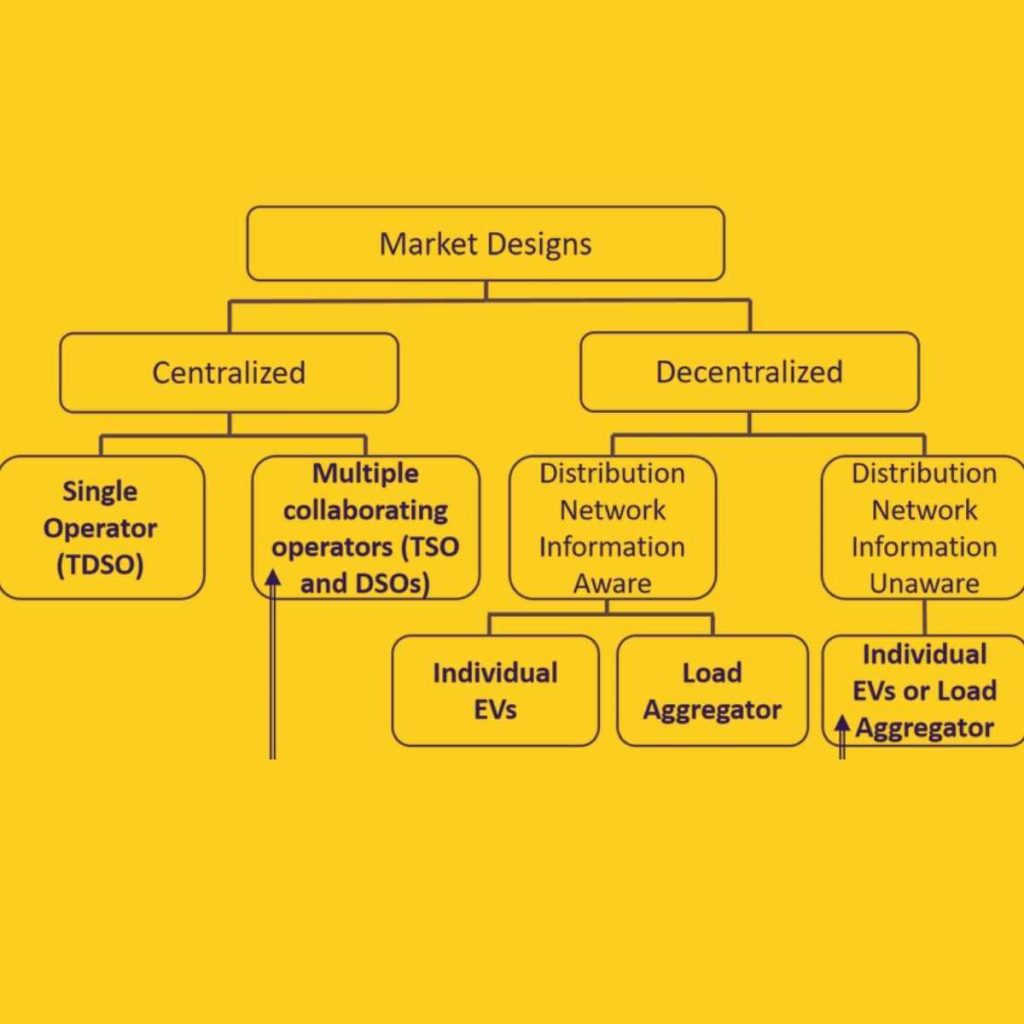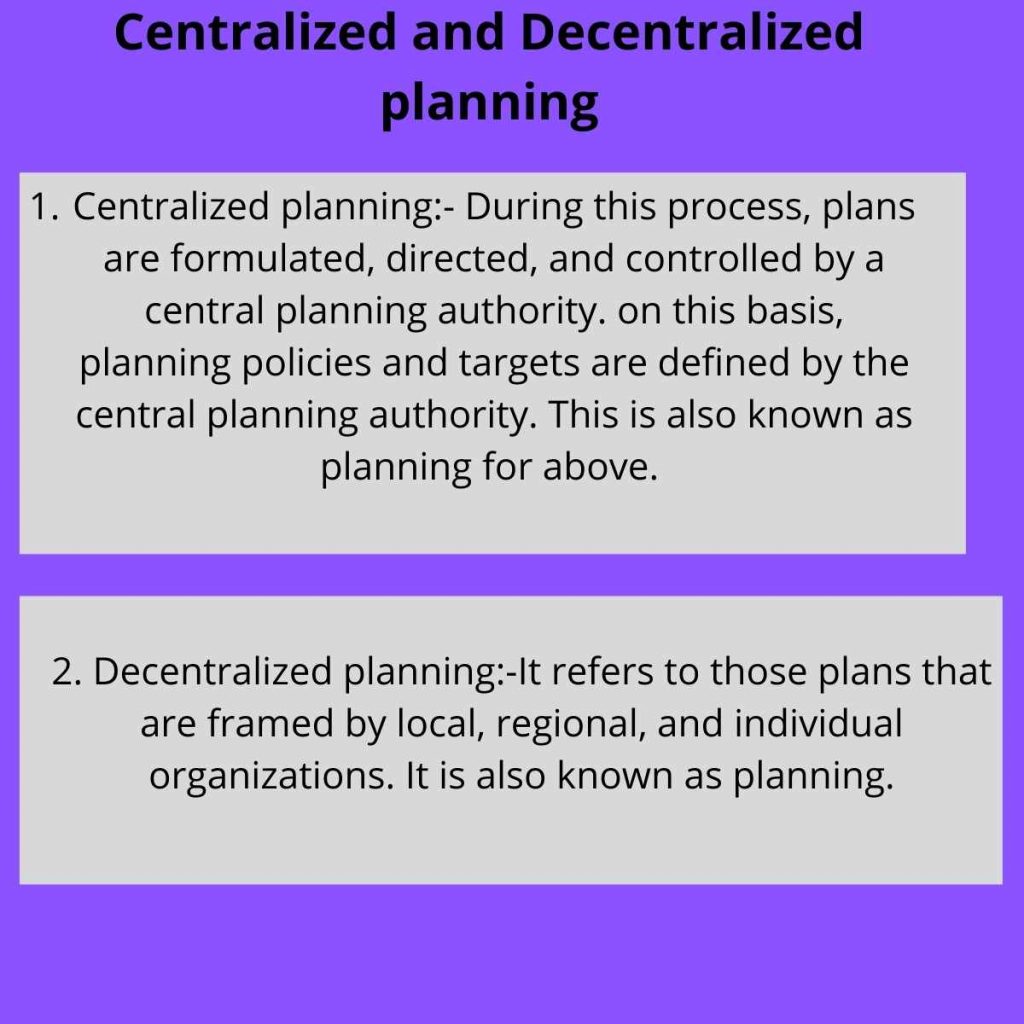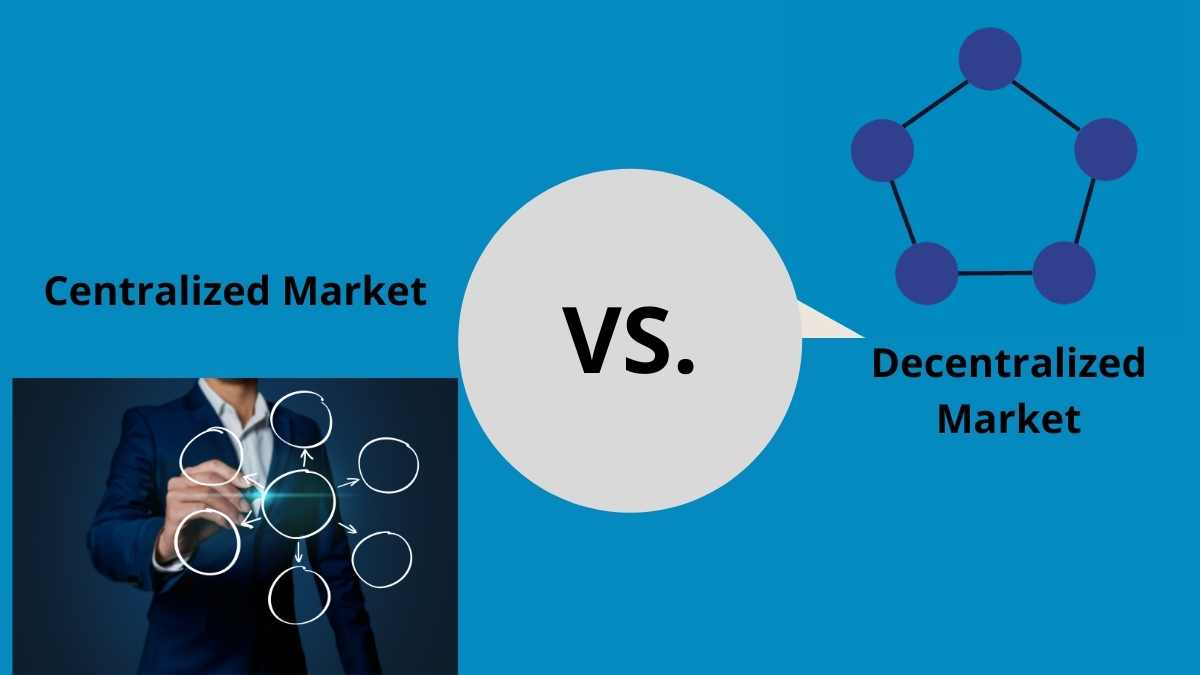What are your marketing operations like as your company grows or changes? What is your strategy? difference between centralized and decentralized marketing operations. Your marketing operations (MOps) team members may be great, but they lack the specific skills to scale your company into new markets.
Do you need a centralized Market Ops team to handle all marketing operations, requests, maintenance, and updates across your entire company? Would it be better to decentralize MOPS so that individuals or teams can support the departments they know best?
Difference between centralized and decentralized
| Defined: Centralized and decentralized marketing operations | |
| Centralized – A centralized team is responsible for all MOPS for the company. | Decentralized – Multiple decentralized teams execute MOPS for each business unit or department. |
Make sure you make the right decision for your team and company. Your decision will impact many aspects of your business, including scaling, governance, training, cost, and job satisfaction. You can find out which approach works best for your business if you conduct a simple Google search.
What is the best approach for your business? We’ve put together a list of some of the pros and cons of each approach to help guide you through the process.

A centralized marketing operation
Marketing operations are centralized by creating a single “Center of Excellence” (COE) team that handles all marketing operations. The primary benefit of centralizing marketing operations has dedicated experts who can manage time- and bandwidth-consuming projects.
Pros
| SCALING – Growing your business is likely on your list of priorities, and a centralized MOPS team can help you grow efficiently and quickly. MOPS centralized means access to all assets in one place rather than finding them in disparate departments, which makes scaling more efficient CEOs facilitate collaboration across teams. |
| Regardless of how large your company grows, a centralized team is much easier to control and implement changes. |
| Maintaining your brand is essential as you scale. As your company grows, it’s easier to maintain a high level of branding and identity. |
| Governance- A Center of Excellence approach ensures campaigns are managed in a single marketing automation platform with a documented email data governance policy. The company will enjoy fewer compliance risks since data, integration, controls, messaging, and design will all be part of a single, comprehensive process. |
| TRAINING – MOPS, as we’ve said before, are complicated. What duties does each member of your team receive training on? Who does the training on your team? Team-building is faster and more efficient. It’s also easier to define a career path, which may boost employee morale and satisfaction. |
| JOB SATISFACTION – At least 30 percent of employees rank growth opportunities as one of the most important qualities in their jobs (beating salaries by 20 percent). |
Cons
| SCALING – Scaling has its benefits, but it also has its downsides. If your Ops team fails, your entire business may suffer. Scaling may also cause bandwidth issues. If your business’s marketing operations are handled by one team, it could cause a bottleneck if it becomes overburdened. |
| COST – The cost is perhaps the biggest deterrent to building a COE. MOPS professionals require a lot of training and experience to do their jobs well – and that doesn’t come cheap! |
Companies often invest in an experienced and highly skilled leader while training internal employees for lower-level positions. In spite of cost savings, external recruitment costs and ramp-up periods may offset any savings.
Decentralized Marketing Operations
Decentralized strategies do not require substantial investment in experts and training instead of centralized teams. Some of the skills required for your company’s teams can be developed by a small operations team or operations manager. Listed below are some of the pros and cons of a decentralized strategy.
Pros
| SCALING – Each department is trained to implement marketing operations as needed. Since the department already has familiarity with the topics, this is usually just a simple addition of a few dispersed responsibilities throughout the organization. With a decentralized team, scaling is often cheaper and easier. Scaling becomes an issue of team training; you can train once and develop skills over time. |
| GOVERNANCE – A decentralized approach allows remote teams to be flexible and create campaigns that meet their department’s goals as needed. Team members manage their own department’s contacts in the company’s marketing automation platform and manage the lead funnel. |
Cons
| JOB SATISFACTION – Decentralized MOPS teams may require employees to take on multiple roles. Some employees can view additional duties as a burden rather than an opportunity for growth. This might be discouraging to employees who feel they’re learning complex systems, technology, and processes for little gain. |
| GOVERNANCE – Although Martech software can ease some of the governance issues, it is important to maintain an organized structure across the decentralized teams. Permissions, documentation, access, and quality control will all be determined by individual departments. |

Marketing Operations: A Hybrid Approach
- Whether your company should use a centralized or decentralized approach will depend on its needs. However, another alternative can deliver deep expertise, insightful advice, and streamlined governance while reducing costs.
- Low costs are achieved while including highly-trained specialists. Recruitment and training costs may also be reduced.
- What is the best approach for you? You are the only one who knows that. We are here to assist you no matter what you choose.
- The challenges of MOPS should not harm your business. You can reach out to us if you’re unsure how to proceed.
Decentralized crypto exchange vs. centralized crypto exchange
All crypto assets must be traded on a crypto exchange before they can be traded. What are the differences between centralized and decentralized crypto exchanges? Before we analyze centralized and decentralized exchanges, let’s understand what a cryptocurrency exchange is. one can buy and sell crypto assets, like CoinDCX. Crypto exchanges have their own rules and regulations to follow, with the sole purpose of providing their users with access to cryptocurrencies.
Crypto Exchange is a Centralized Exchange
Cryptocurrencies can be purchased and sold on this platform. In these types of exchanges, a third-party monitors and secures the transactions on behalf of the user. The blockchain system does not track these deals.
Centralized crypto exchanges offer fiat pairs at stable prices, which is why they are quite popular among crypto enthusiasts. Among the most popular centralized crypto exchanges are Binance, Coinbase, etc. Verified users of these exchanges get a higher withdrawal quota and customer support in case of technical difficulties. It is also a centralized exchange, CoinDCX, India’s simplest and safest cryptocurrency exchange.
Describe a decentralized cryptocurrency exchange
Decentralized crypto exchanges (DEX) are similar to centralized crypto exchanges but without third-party intervention. It differs from the IOU system used by centralized cryptocurrency exchanges. They do not rely on any third parties. The exchanges that require the use of escrow systems or proxy tokens also allow peer-to-peer trading (P2P). Decentralized cryptocurrency exchanges such as AirSwap and Barterdex are examples.
Centralized vs. Decentralized Cryptocurrency Exchange
| Basis of Difference | A centralized cryptocurrency exchange | A decentralized cryptocurrency exchange |
| Security | To prevent hackers, strict security measures must be taken. | There is no risk of hacking or any other security threat. |
| Features | Has many features to offer | Decentralized exchanges do not offer many features. |
| Speed | Orders are processed in less than a second. | It takes longer to execute orders. |
| Control | The platform holds control. | Users control this exchange. |
| Fees | The majority of centralized crypto exchanges charge transaction fees. | Decentralized exchanges charge minimal or no fees. |
| Popularity | It is very popular. | Currently not popular |
| Liquidity | Exchanges with high liquidity are centralized. | Low liquidity |
| Regulation | Centralized exchanges are regulated and follow Compliance. The authorities must license them. | DEXs are not easy to regulate, and they do not require any licenses from regulatory bodies. |
FAQs
What are the main differences between centralization and decentralization?
The higher positions of management hold the decision-making authority in centralization. Additionally, decentralization allows the management to disperse decision-making authority across the organization and bring it closer to the source of action and information.
What are the differences between centralized and decentralized planning?
In a centralized organization, top management is responsible for making decisions. All power and authority are held at the highest level. In an organization, decentralization involves decision-making through middle management or lower management.
What is a good example of decentralization?
Decentralization, for example, can allow a restaurant to open another location in a different state and operate independently. Their approach will be tailored to better meet the needs of the new market.
What is a centralized organization?
An organizational structure in which those holding positions of authority at the top of the hierarchy retain control over decision-making.
Conclusion
Before investing the hard-earned money, it is important to understand the type of exchange we are using for our cryptocurrency investments. Choice of cryptocurrency exchange depends upon the personal preference of the crypto user. While many users prefer centralized crypto exchanges due to their popularity, speed, and features, a few crypto enthusiasts go for decentralized crypto exchanges due to their security and zero transaction fees. Depending upon the features one wants to use, the choice of exchange must be made.


